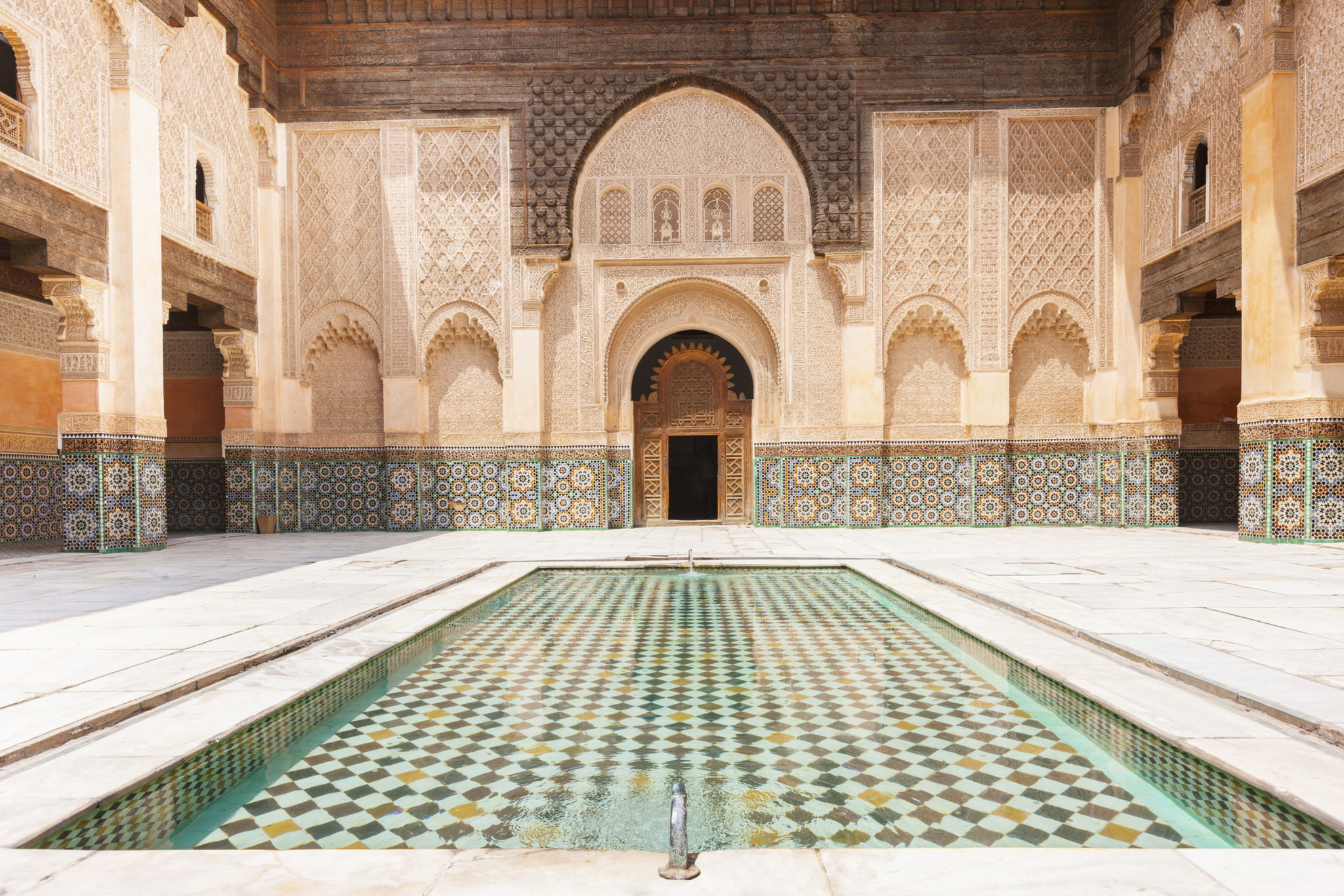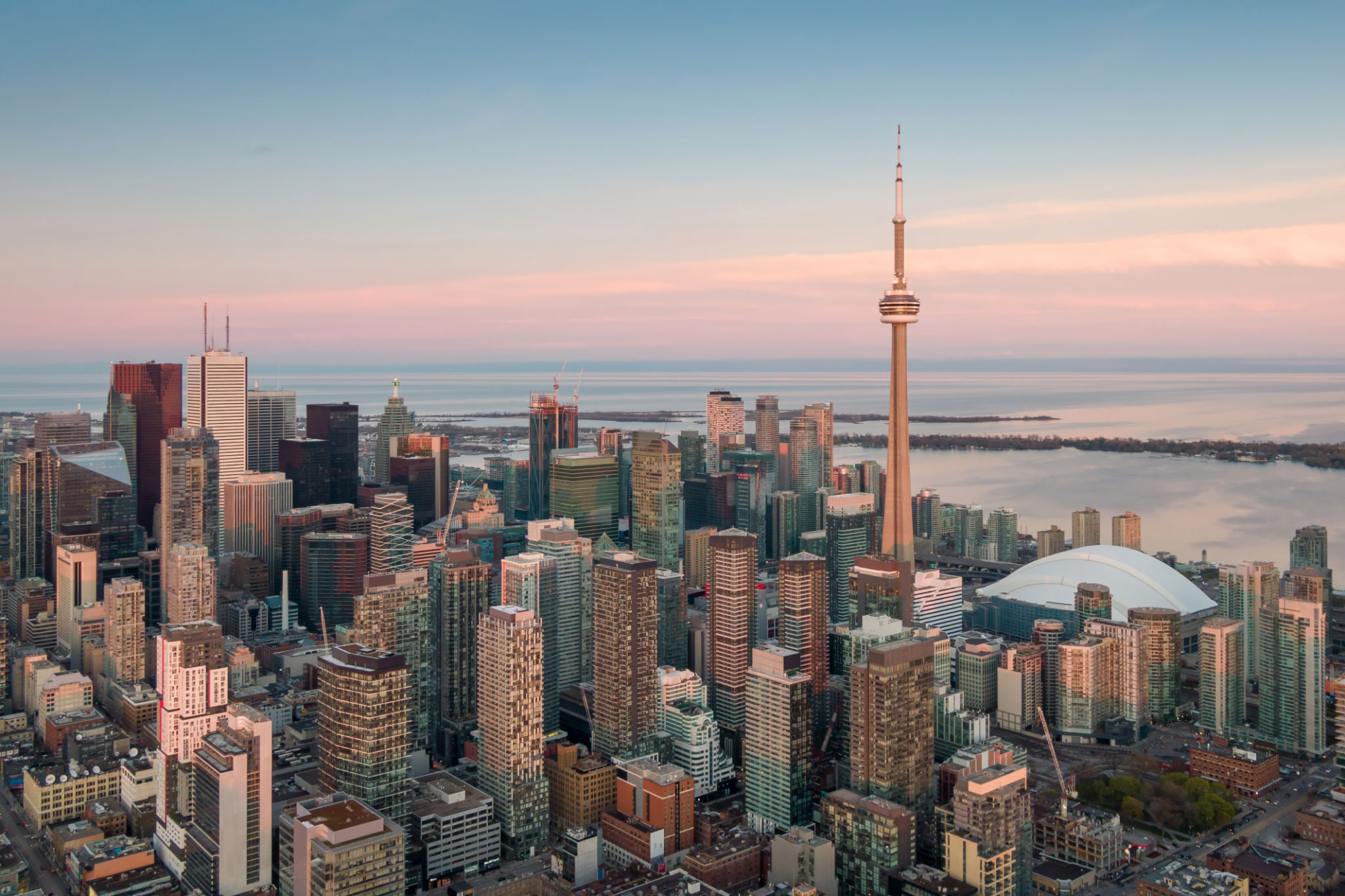Debunking Common Myths About Investing in Moroccan Real Estate
Understanding Moroccan Real Estate
Investing in Moroccan real estate is an exciting opportunity for those looking to diversify their portfolios. However, a range of myths can cloud the judgment of potential investors. It's crucial to separate fact from fiction to make informed decisions. Here, we debunk some common myths about investing in this vibrant market.

Myth 1: Foreigners Cannot Invest in Moroccan Property
One of the most pervasive myths is that foreigners are not allowed to invest in Moroccan real estate. In reality, Morocco has specific laws that allow foreigners to purchase property. The process is straightforward, involving obtaining a "Titre Foncier" (land title), which grants full ownership rights. Understanding the legal framework can help dispel these unfounded fears.
It's important for foreign investors to work with reputable local real estate agents and legal advisors to navigate the purchasing process efficiently. This will ensure compliance with all regulations and help avoid potential pitfalls.
Myth 2: The Market is Unstable
Another common misconception is that the Moroccan real estate market is unstable. While economic fluctuations are a natural part of any market, Morocco has demonstrated consistent growth and stability. The country has made significant investments in infrastructure and tourism, contributing to a robust real estate sector.

Moreover, Morocco's strategic location at the crossroads of Europe, Africa, and the Middle East makes it a desirable destination for investors looking for long-term growth potential. By keeping an eye on market trends and economic indicators, investors can capitalize on opportunities in this burgeoning market.
Myth 3: Property Management is Difficult
Some investors believe that managing property in Morocco is challenging due to cultural and language barriers. However, Morocco's real estate industry is well-equipped to assist international investors. Many property management firms offer comprehensive services, including tenant management, maintenance, and rent collection.
By leveraging these services, investors can enjoy a hassle-free experience while ensuring their properties are well-maintained and profitable. Additionally, learning basic French or Arabic can further ease communication and enhance the investment experience.

Myth 4: Returns on Investment are Low
The assumption that returns on Moroccan real estate investments are low does not hold water. In reality, Morocco offers competitive rental yields, especially in major cities like Marrakech, Casablanca, and Rabat. These urban centers attract tourists and expatriates, creating a steady demand for rental properties.
For those interested in short-term rentals, platforms like Airbnb have gained popularity in Morocco, providing lucrative options for investors willing to capitalize on the tourism boom. By conducting thorough market research, investors can identify high-demand areas and maximize their returns.
Conclusion: Embracing the Potential
Investing in Moroccan real estate presents substantial opportunities for those willing to look beyond the myths. By understanding the true dynamics of the market and leveraging local expertise, investors can enjoy both financial returns and the unique cultural experience that Morocco offers.
As with any investment, due diligence is key. Engaging with local professionals and staying informed about market trends will ensure success in navigating the Moroccan real estate landscape.